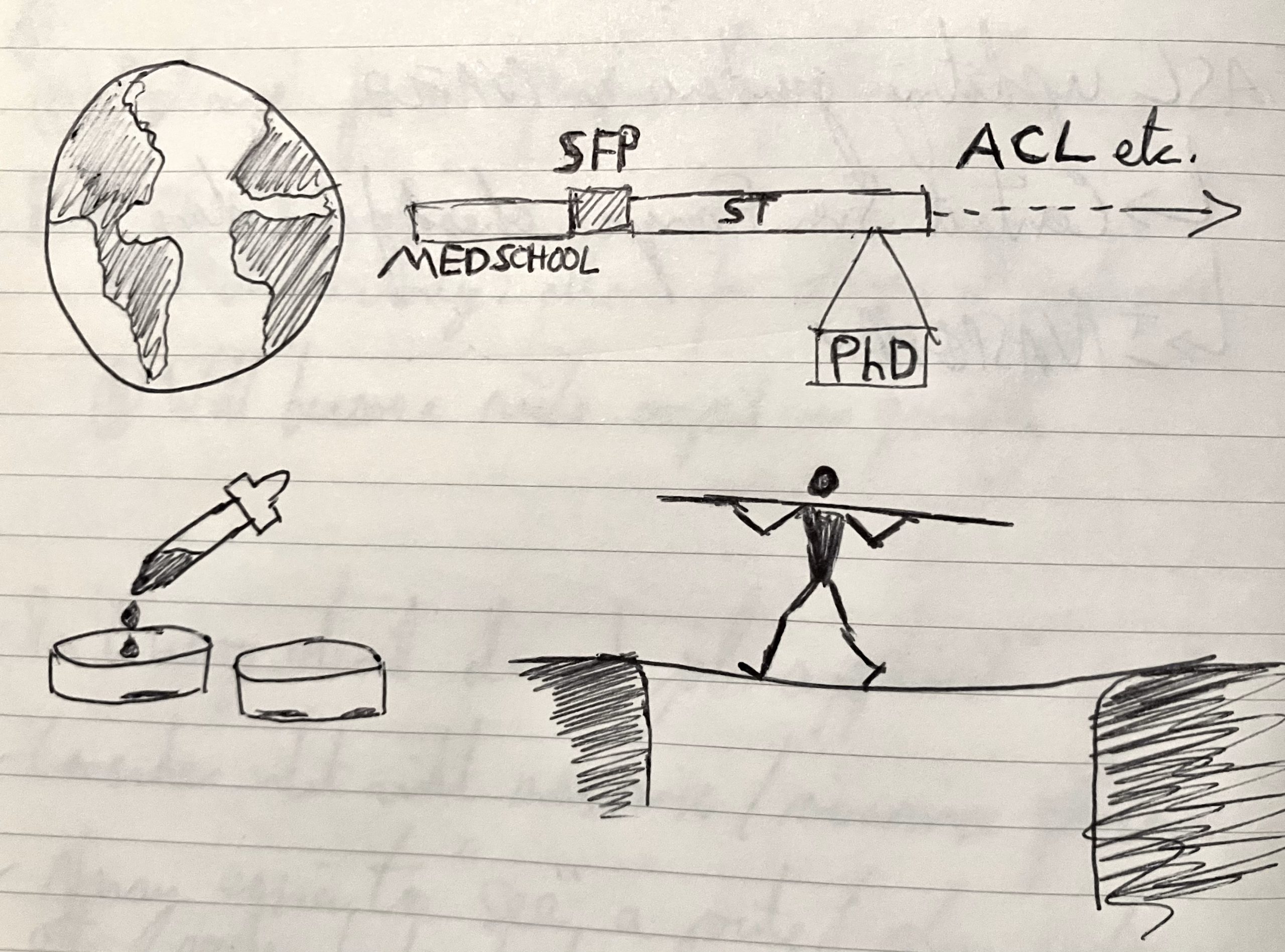Are you successful? What was your last success?
Success is highly personal. It is giving yourself a ‘gold star’. It is acknowledging that you have made an accomplishment. You did a thing. The question is, how high do you set the bar? And what metrics do you use to measure it?
I am torn. On the one hand, I have always believed in ‘not applauding mediocrity’: only celebrating exceptional performance. However, this is short-sighted. Holding resolute to such a standard gives no opportunity to celebrate the smaller (real) successes. It increases the chance you will shoot for stars, land on the moon, and still consider yourself unsuccessful. So, yes hold yourself to exceptional standards, but allow yourself to identify as a successful person even if you don’t quite make your target.
There is a two-way relationship between feeling successful and achieving big goals. If you feel you are the kind of person who does great things, then you will strive to do more of them. And people who feel successful pick themselves back up after a failure and keep pushing for the next level because they know they’re meant for big stuff.
There are three kinds of metrics for measuring your success:
- End outcomes e.g. rank on an exam, time for a 10km race
- Time invested e.g. hours spent revising, kilometres run in training
- Process-driven e.g. increasing the focus of studying, doing a higher intensity training session
Do you use one more than the others? How could you incorporate the others into your personal definition of success? If you are exclusively based in [1] then be careful of the “I’ll be successful when…” trap. This is one contributor to imposter syndrome.
The other problem with end outcomes as a metric of success is that they are (often) long-term but with an abrupt end. For example, you train for four months for a marathon. You regimentally follow the training schedule. Come the day of the race, it would be a disaster not to finish. All the hard work is done before the event. The hard bit was getting up at 5am to run before work four times a week. At what point do you consider yourself successful?
Allow yourself to celebrate small achievements. To do this you must overcome two worries:
(i) What you just did was too small (e.g. finished your first 5km) and so is ‘unworthy’ of celebration
(ii) If you celebrate now, you’ll stop trying and never reach the big goal (e.g. finish a marathon)
Who cares about (i)? Take every opportunity for joy and squeeze as much out of it as possible. And if (ii) is a serious problem, perhaps this isn’t the right goal for you.
So, how to define success: barbell. Imagine a barbell. At one end you have big, audacious goals e.g. run a 4-hour marathon, earn £100k in a year. At the other end, you have smaller ‘input’ (i.e. [2] and [3]) goals e.g. spend 3 hours reading each week, hand-make birthday cards for my friends this month. You are successful for putting in the effort but never stop striving for absolute excellence. And you can celebrate for any of them.
Conclusion
Allow yourself to feel successful by using input goals but also keep your big, stretch goals. Celebrate all achievements. Identifying as a successful person will make you more likely to reach your target.
Books I’ve read that have influenced this blog post
Decision making: The black swan, Antifragile
Happiness & fulfilment: The subtle art of not giving a f*ck
Habit formation: Awaken the giant within
Life advice: The magic of thinking big; Tools of titans, Tribe of mentors; Seven habits of highly effective people; Ikigai; The happiness project
Leadership: The art of possibility
Goal setting: OKRs: measure what matters
Productivity: DeepWork




